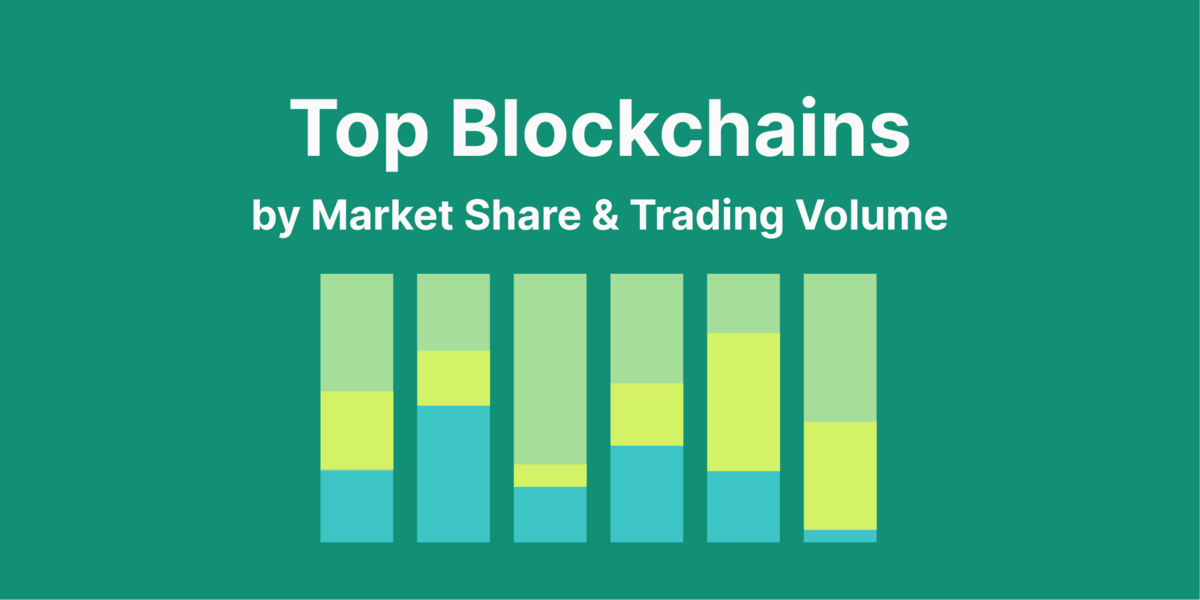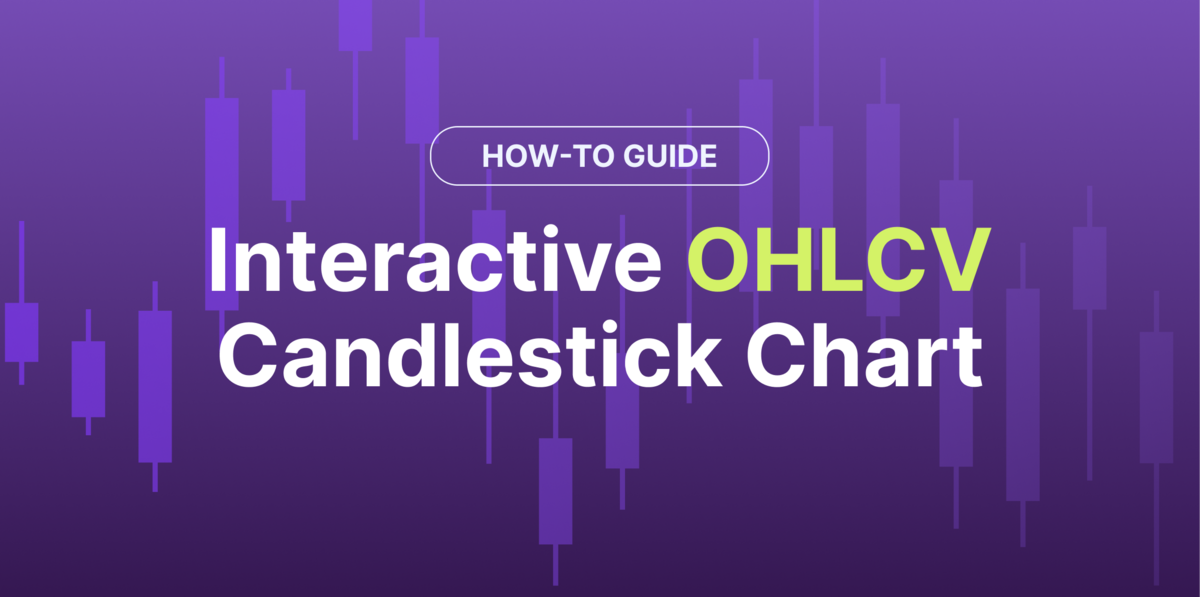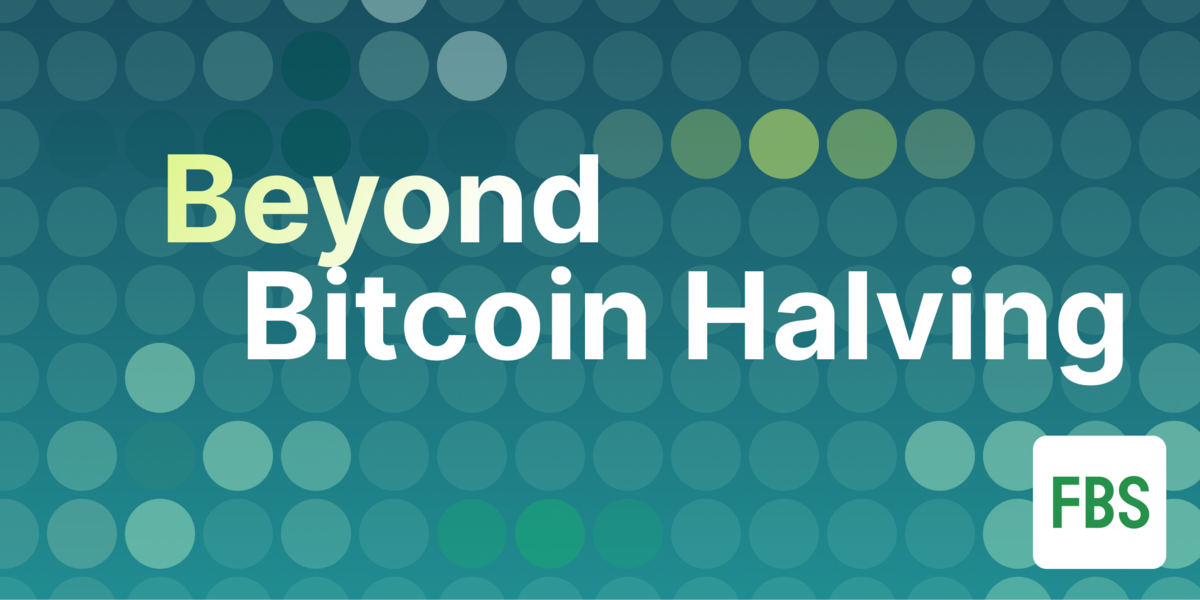Key Takeaways
-
There are two main types of cryptocurrencies: Coins and Tokens
-
Coins are native to their blockchains, and fees charged for using the blockchain are in their denomination. They may act as a store of value, or have chain-specific use cases.
-
Tokens are built on existing blockchains, and may be used for asset tokenization, utility, or project governance.

Cryptocurrency enthusiasts use many sets of words interchangeably, and the most inter-used set of words is 'coin' and 'token'.
However, all coins are tokens but not all tokens are considered coins. But what does this mean?
Let’s look at what they are and how they differ.
What are Coins?
The original design of decentralized payment solutions is a distributed ledger system that stores information about transactions performed using a native cryptographic asset. This asset is referred to as a coin and is the only asset supported by the blockchain. The Bitcoin blockchain, Dogechain, and Litecoin blockchain only support bitcoin, DOGE, and Litecoin (LTC) respectively. The main purpose of these blockchains is to enable the supply and distribution of their associated ‘coins’.
These ‘coins’ are the only recognized means of exchange for anyone using these blockchains. They embody the technological abilities and the financial structure of their parent blockchain.
Some features particular to ‘Coins’ include:
Blockchain Specific
Coins are designed to work in tandem with their blockchain and are representative of the financial and technological system of their blockchain. The tax and reward programs on their blockchain are both priced in their denomination.
For example, miners on the Bitcoin blockchain earn bitcoin as their reward, while gas fees on Ethereum are paid in ETH.
The blockchain is a decentralized system, where data is protected by the numerous computers that connect to its network and run a node. The computers connected to the network secure the blockchain by validating blocks.
The mechanism through which they validate these blocks is known as a consensus mechanism. Blockchains that run a Proof-of-Work (PoW) consensus mechanism reward ‘miners’ for solving tough mathematical problems using brute force. Validators in a Proof-of-Stake (PoS) blockchain are also rewarded in a similar fashion.
New blockchains are developing newer consensus mechanisms. Some of them run consensus mechanisms that are completely different from these two earliest consensus mechanisms (PoW and PoS). For most of them, the new mechanisms work together with Proof-of-Work or Proof-of-Stake to give the blockchain an edge.
In most cases, validators are rewarded with the chain's native coins for their work, although there are exceptions like Ripple, where the total supply is pre-mined with a supply cap of 100 billion tokens. The validation process is completely guided by protocols and not by a centralized entity. If there’s a need for changes to be made to the blockchain, the community is involved in deciding the process, where a vote may be called by the DAO (Decentralized Autonomous Organization).
Store of Value
Some coins are perceived as a store of value, as in the case of bitcoin, which offers an alternative to traditional banking. Bitcoin works as a store of value because only 21 million coins can ever be in circulation, and the provable scarcity of BTC makes it a reliable store of value in the crypto space.
May Have Unique Chain-Specific Use Cases
XRP by Ripple is used to address cross-border payment problems leveraging the power of the blockchain. It acts as the underlying medium of exchange between banks, payment providers and digital asset exchanges to enable real-time settlement and lower transaction fees. For example, it takes up to 48 hours for international money transfers in the traditional remittance market, but the average transaction time using XRP is four seconds, with a usual transaction fee of 0.00001 XRP before load scaling.
What are Tokens?
Tokens exist on pre-existing blockchains. For example, let’s look at the relationship between Uniswap and Ethereum. Uniswap’s native digital token is UNI, and since UNI is built on Ethereum, a pre-existing blockchain, it qualifies as a token.
Creating a coin is obviously more difficult than creating a token, so a blockchain can have only one coin, but hundreds and thousands of tokens built on it.
The digital asset feature of blockchains enables the creation of unique digital assets that utilize the blockchain’s infrastructure to function, as seen in Ethereum’s ERC-20 token standard. These assets can also be transferred between users. However, fees for these transactions are paid in the blockchain’s native coin and not these digital assets.
Tokens can serve a number of purposes, including:
Asset Tokenization
Tokens can represent assets through a process known as tokenization, giving anyone the ability to represent anything on the blockchain. Cryptocurrency tokens have been used to represent rare metals, real estate properties, and more.
For example, assets can be created on the blockchain to represent a whole company’s equity. Companies can issue tokens just like they issue shares and bonds (securities). The tokens work just the same way as they are prone to price variations influenced by the company's technological and marketing progress.
The token creator can also include a dividend system in the smart contract. This will allow tokens to earn extra financial privileges according to the profits made by the project. Smart contract token projects like VeChain (VET), NEO, and Kucoin Shares (KCS) distribute dividends to their token holders. Dividends can be distributed in form of the native token, other cryptocurrencies, or even fiat.
Utility Tokens
The invention of Ethereum Virtual Machine (EVM) allowed new applications to be built on the blockchain. These include decentralized finance (DeFi) platforms, gaming applications, AI (Artificial intelligence) systems, and more.
Decentralized applications also take advantage of the smart contract technology to issue tokens which give their holders several privileges while using the application.
For some projects, the application is unusable for anyone who doesn't own the tokens, since the core functionalities of the application require the token. These are the utility tokens of the application. Decentralized applications like some metaverse platforms require that lands and NFTs be purchased using a designated token only, where the tokens reflect the value of the application and not the blockchain on which they run.
Governance Tokens
Cryptocurrency projects that wish to properly decentralize their management adopt a Decentralized Autonomous Organization (DAO) approach to governance. Decentralized Autonomous Organizations (DAOs) are a loosely organized collective with a ‘flat’ hierarchical structure that is centered around a shared cause or mission.
In cryptocurrency DAOs, rights to this participation are tokenized and every token holder is considered a member of the DAO. Through voting portals, members of the DAO are able to vote on proposals and also submit their improvement suggestions to be voted on by the rest of the holders.
Some projects adopt a dual-token work-through; they issue governance tokens and utility tokens, separating the governance system from the rest of the project. Holders of the governance tokens have a principal duty of voting on improvement proposals to shape the project, while the second token serves as the utility token for users to interact with the application.
Staking Rewards
In addition to accessing platforms’ utilities and voting on proposals, cryptocurrency projects are exploring new ways to reward investors who purchase and hold their tokens, such as staking.
Staking programs let investors earn by simply locking up their tokens in a smart contract. Through staking programs, holders benefit from the token distribution process.
Do note that staking programs for tokens work quite differently from that seen in Proof of Stake (PoS) coins.
In single-side staking programs, investors can lock up one asset in the staking pool and earn rewards according to specified terms. In addition to this, DeFi platforms also offer liquidity mining and yield farming programs. For liquidity mining programs, holders are required to stake their liquidity pool (LP) tokens. Staking programs are a good earning opportunity for token holders.
Coins vs. Tokens
The biggest similarity between coins and tokens is that both of them run on the blockchain and can be transferred between peers. Coins can also be used for tokenization and they may also serve as utility or governance tokens, or even have blockchain-specific use cases.
Tokens don’t have their own blockchain and are currently not advanced enough to use the consensus mechanism of their parent blockchain for token generation. Instead, terms of token issuance are defined by the project teams, and may be modified by the project’s DAO.
Ultimately, coins and tokens have their individual use cases, and their success is ultimately dependent on the project. Before investing in either, remember to do your own research and check up on the project’s tokenomics to determine if the project makes sense and is sustainable for the long term.

Joel is deeply interested in the technologies behind cryptocurrencies and blockchain networks. In his over 7 years of involvement in the space, he helps startups build a stronger internet presence through written content. Follow the author on Twitter @agboifesinachi









 Or check it out in the app stores
Or check it out in the app stores